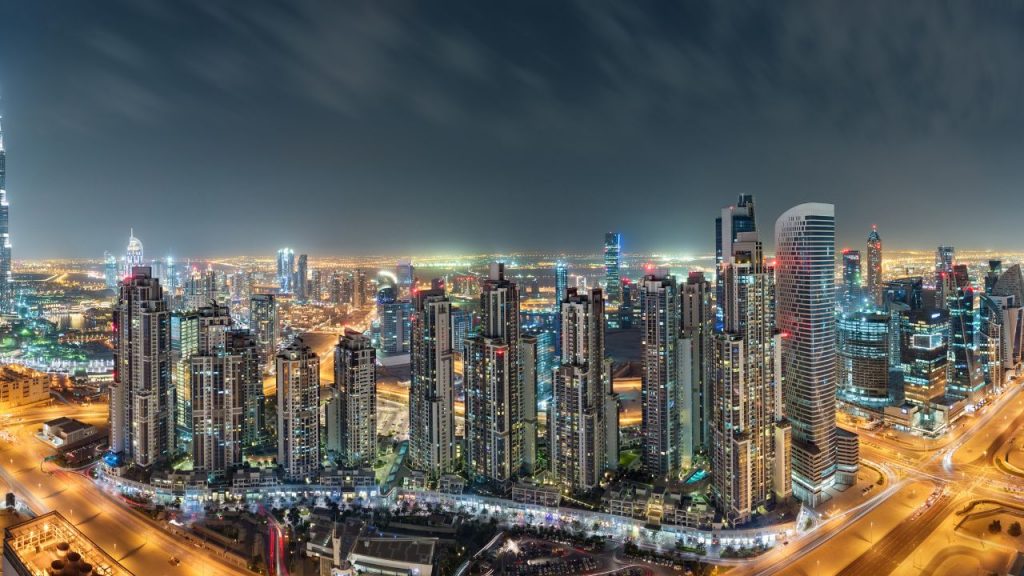Our CEO, Paul Kopec, reflects on where the market is heading:
“The Middle East has long been seen as a complex and restrictive market for international spirits producers. Yet today, it is transforming into one of the most dynamic frontiers for premiumisation in global drinks.
At Speyside Capital, we already operate across the region, supporting institutional and semi-institutional investors who access maturing Scotch whisky as an alternative asset class. This vantage point gives us a clear understanding of both the investment landscape and the evolving retail and consumer environment for whisky.
Dubai and the UAE in particular have played a pivotal role in reshaping perceptions. Traditionally, alcohol was heavily restricted, aligned with the UAE’s conservative Islamic traditions. For decades, consumption was largely controlled through hotels, where international tourists and expatriates could enjoy a drink within carefully licensed venues. This approach allowed Dubai to protect local sensitivities while offering Western visitors a level of comfort that encouraged both tourism and long-term expatriate settlement.

In recent years, however, the rules have softened. Alcohol home delivery has been introduced through government-controlled distributors. Licensing has expanded, and events such as music festivals, sporting occasions and expos have been granted permissions that would have seemed unthinkable a decade ago. In 2024, the inaugural Whisky Live Dubai, hosted at the Meydan racetrack, marked a watershed moment, signalling that whisky has firmly entered the cultural conversation of the region.
The driving force behind these shifts is competition. Dubai has long positioned itself as the Gulf’s cosmopolitan hub. But Saudi Arabia, under Crown Prince Mohammed bin Salman, is seeking to build, what I call, “a new Dubai.” With immense resources and the successful bid for the 2032 FIFA World Cup, Saudi Arabia is signalling its determination to rival its neighbour. While alcohol is not yet permitted there, I believe it is inevitable. Global sponsors, many of them alcohol-led brands like Budweiser and Heineken, will demand some form of controlled access, whether through tourism zones, special event districts, or economic free zones.
For Scotch whisky, this represents a generational opportunity. Whisky is already the largest spirits category in the Middle East by volume, and its premium positioning aligns perfectly with the luxury aspirations of both consumers and governments in the region. As whisky continues to outperform other categories globally, the Gulf states, particularly the UAE, offer the chance to shape a market where premium spirits are integrated into the wider story of luxury lifestyle, tourism, and investment.
At Speyside Capital, we view the Middle East as a strategic bridge between East and West. With expatriate demand fuelling consumption, government liberalisation encouraging accessibility, and competition between Gulf nations accelerating change, the stage is set for Scotch whisky to thrive.
The message is clear: the Middle East is no longer a fringe market for spirits. It is a growth engine, and whisky, with its heritage and premium allure, is positioned to lead.”